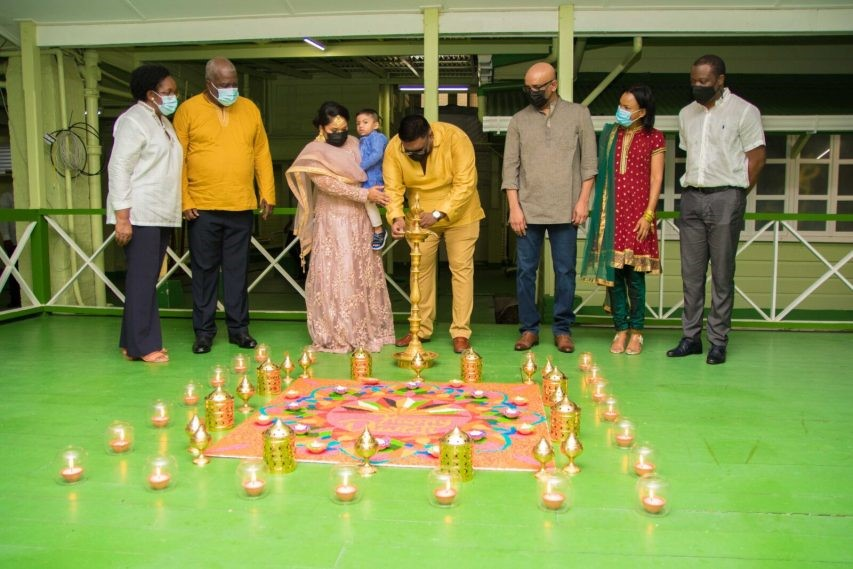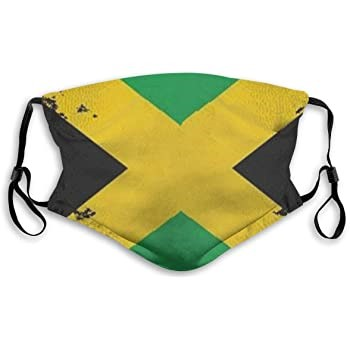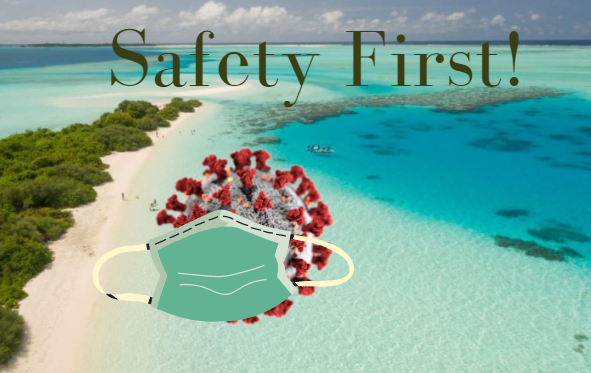
Over the past nine months, the Caribbean has seen and experienced much of its cultures and industries being halted to some extent, to contain and manage the rapid spread of the Covid-19 virus. Covid-19 came as a black swan occurrence with no indicator to us all.
Each Caribbean territory has been altered differently as they all have varying methods of maintaining cultural and economic stability. Currently, Anguilla has no active cases of the Covid-19 virus and as of November 2020 the country opened its borders to all visitors once they meet the pre-entry requirements. Resorts have opened in time for the Christmas season with no restrictions to persons’ length of stay.
Shifting over to Trinidad and Tobago a mere few weeks ago, the country’s Prime Minister Dr Keith Rowley declared the resumption of several recreational and business activities that were restricted to decrease crowds and unhygienic behaviour. Many people responded favourably to the easing of restrictions. While the country’s borders are still shut tightly there has been an increase in inter-island travel. Trinidad and Tobago is known for its wide variation of cultures and Covid-19 has gravely impacted the cultural traditions of this twin-island republic. Whilst Carnival 2020 inched away from Covid-19 restrictions other recognised days and religious holidays did not and continue to be affected regionally by the rapidly spreading virus.
Diwali celebrations around Trinidad and Tobago and Guyana this year felt the brunt of Covid-19 as the Hindu community was not allowed the usual privilege of inviting large numbers of friends and relatives to celebrate the festival of light. Due to restrictions, both countries d were unable to have their usual grand celebrations by way of Trinidad’s Diwali Nagar and Guyana’s celebration of the holiday with motorcades which first commenced in 1974. The ratio of activities for both islands echoed the change the community experienced due to the ongoing pandemic.

While Guyana’s international airports reopened to commercial flights on October 12, the country is still maintaining other measures such as curfews and prohibiting large gatherings to curb the spread of the virus.
Jamaica’s Chief Medical Officer Dr Jacquiline Bisasor-McKenzie has given a strict warning in relation to the 70,000 expected arrivals of returning Jamaicans for the Christmas holidays. McKenzie notes the very possibility of a Covid-19 spike in January 2021. While borders are open and the restrictions in Jamaica are less stern than Trinidad and Tobago, the Jamaica Manufacturers and Exporters’ Association (JMEA) President Richard Pandohie is appealing for a later curfew time over the holiday season by their Prime Minister Andrew Holness, November 30th.

When populations of Caribbean territories are compared to that of the Global North, the seriousness of our sustainability is critical. As many have noted since the whispers of Covid-19 on our shores, ‘it only takes one reckless mistake to create a very problematic future for the region’. As of the 22nd of November 2020, the United States of America has approximately 225,076 deaths with active cases spiking as persons flock to airports to embrace Thanksgiving. In addition to such, the rate in which Covid-19 cases are increasing in the United Kingdom and Canada is alarming especially when we note the size of our population and what that could mean for us, if the right decisions are not made.

The Caribbean’s eagerness to return ‘normal’ activities are currently higher than before, however, as Prime Minister Mia Mottley of Barbados colloquially said in a recent video message, ‘The turkey goin’ be there in 2021…’ so too will be a fully cultural, healthy and economically secure Caribbean region.